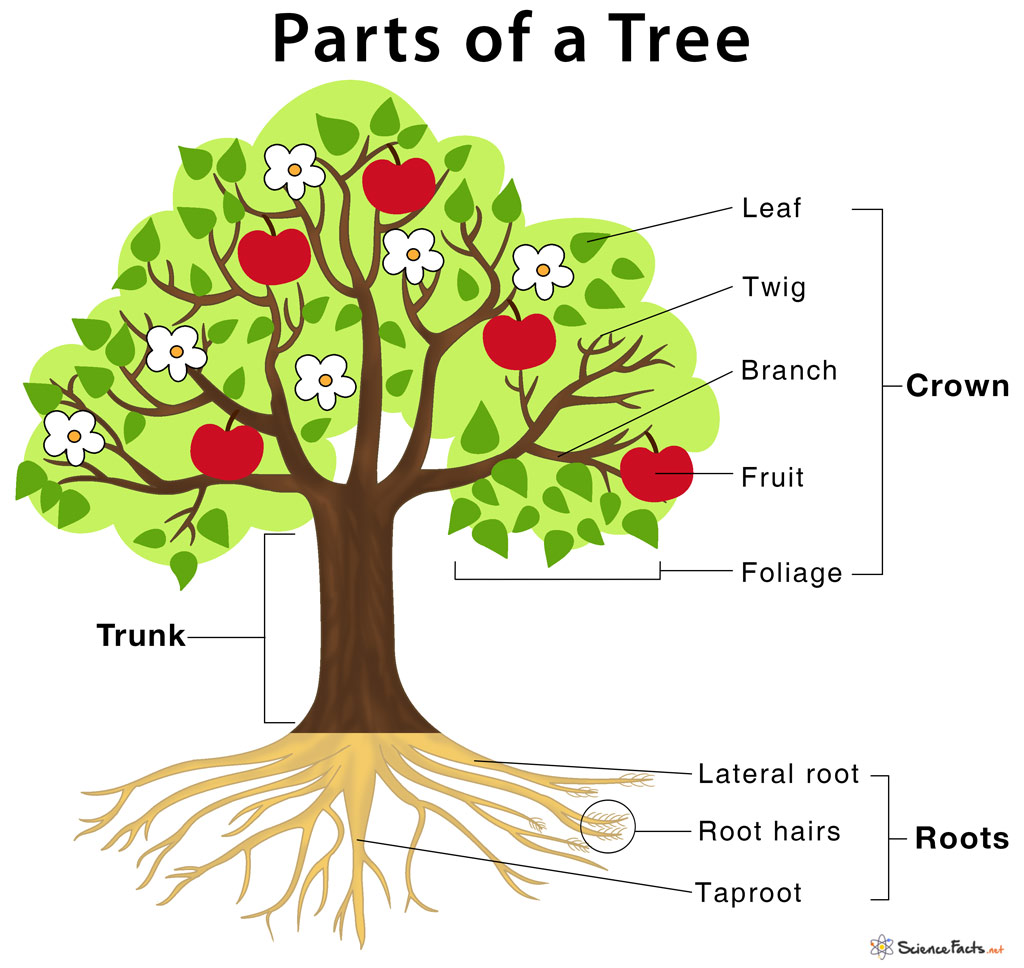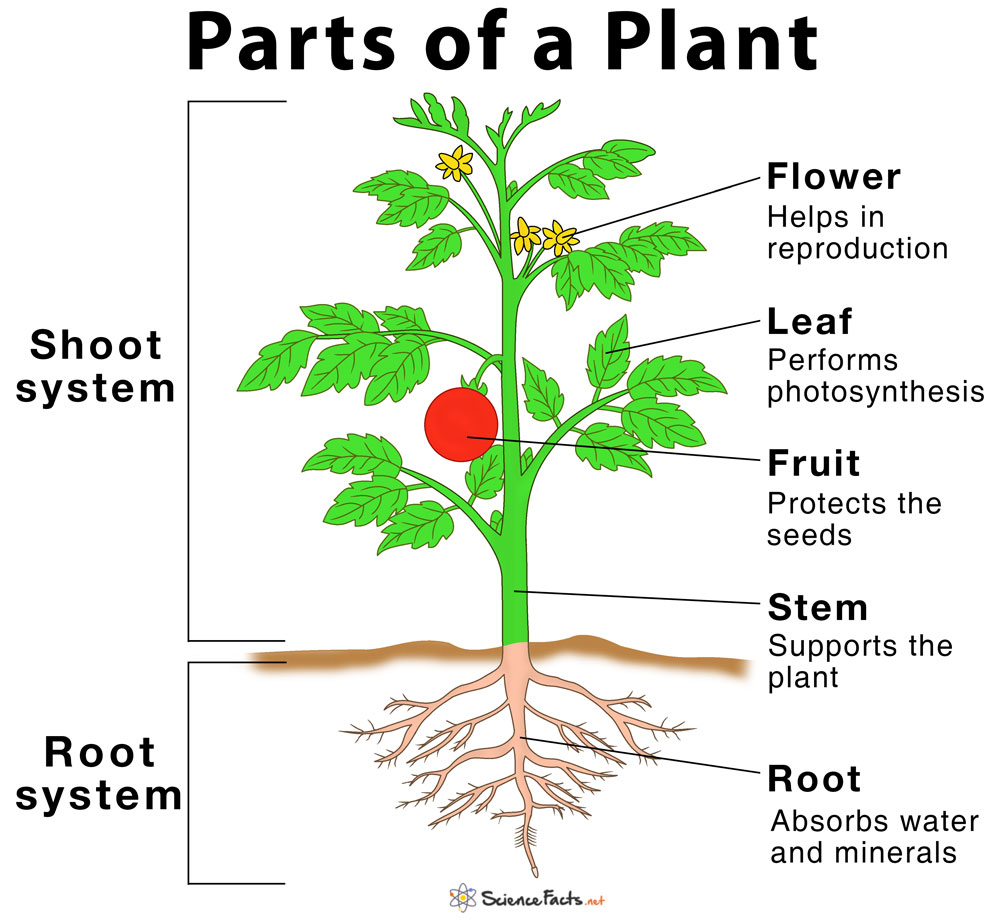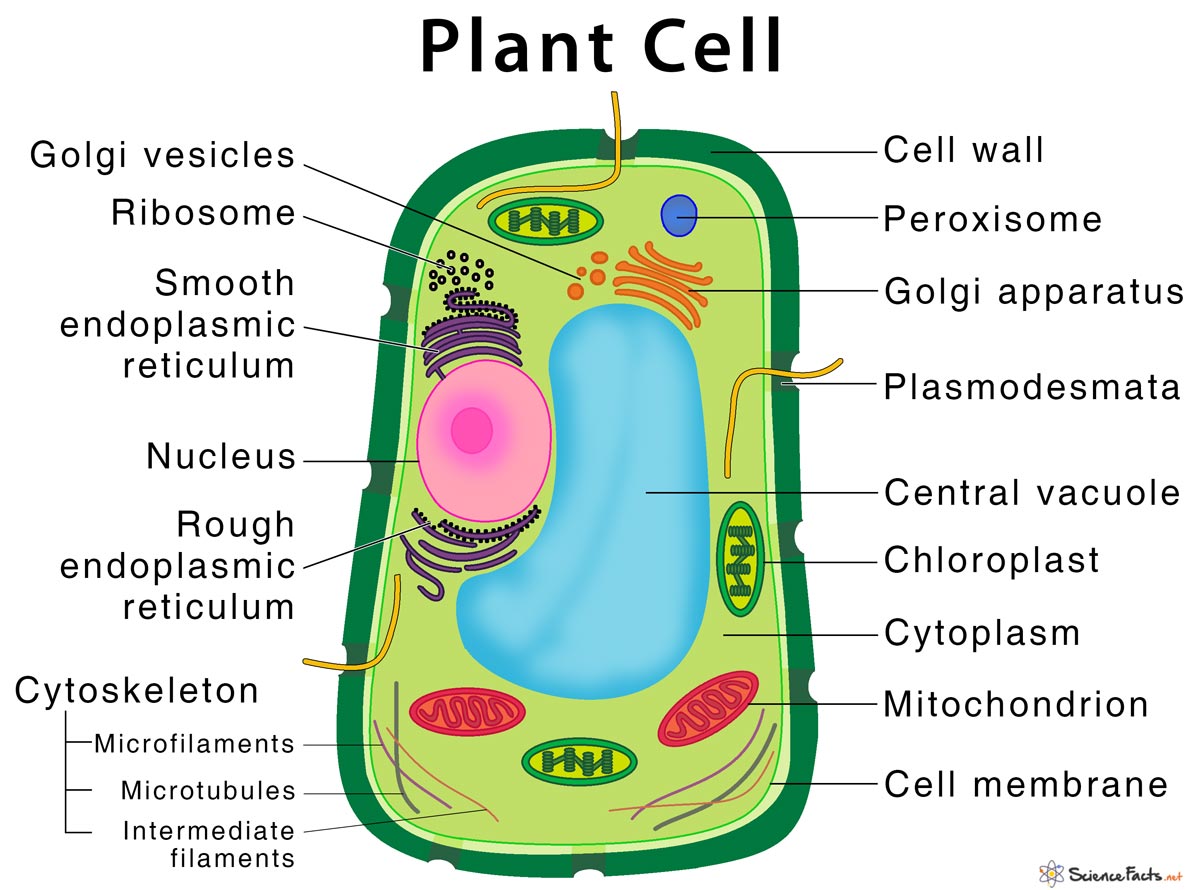Types of Mutations
Mutation refers to any change in a gene’s DNA or nucleotide sequence. Many different types of mutations can occur within the genome of living organisms. They are grouped into two major types based on the type of cell where it occurs.
- Germline Mutations are mutations that occur only in the reproductive cells or gametes. Such mutations transmit to every cell of the offspring.
- Somatic mutations occur in other cells (somatic cells) of the body apart from germ cells. Such mutations are not passed to the offspring and remain confined to only one cell.
However, all mutations, germline or somatic, are caused either due to errors in DNA replication or due to DNA damage.
Mutations Due to Errors in DNA Replication
It is the most common cause of mutation in nature. All mutations due to DNA replication can be broadly divided into base substitutions and chromosomal mutations.
1. Base Substitutions
Substitutions are mutations that affect a single or more base pair of a gene. It can be of two types: transition or transversion.
The transition occurs when a purine substitutes a purine base or a pyrimidine replaces a pyrimidine base. In contrast, transversions happen where a purine substitutes a pyrimidine base, or a pyrimidine replaces a purine base.
Single-base substitutions are called point mutations. Sickle cell anemia is an example of such a mutation. Here one base of a gene is replaced by another. Some point mutations change the amino acid sequence of a protein and thus change the order of the codons in a DNA.
Point mutations are mainly missense, nonsense, and silent mutation.
Missense Mutation
These mutations change the codon, so the new codon codes for a different amino acid. Since the sequence of amino acids determines the shape of a protein, a missense mutation can change the protein’s shape, often resulting in a change in the protein function.
Nonsense Mutation
It is another type of substitution mutation. However, unlike missense mutation, instead of causing a change in the amino acid sequence, the altered DNA sequence always produces a stop codon that prematurely signals the cell to stop translating an mRNA sequence.
Thus, a nonsense mutation results in a truncated protein, and the protein synthesis has prematurely stopped midway.
Silent Mutation
Silent mutations are mutations that have no impact on an organism’s phenotype. Such mutations change DNA bases that do not modify a protein’s sequence of amino acids.
Silent mutations usually occur due to a substitution in the third base of a codon, known as the wobble position, which often codes for the same amino acid as the original codon.
2. Chromosomal Mutations
Chromosomal mutations are large-scale mutations that affect the whole chromosome. They can be of four types: insertion, deletion, translocation, and inversion.
Insertion and Deletion Mutations
Mutations can cause the addition of a base called insertion or the removal of a base called a deletion. Sometimes a set of three nucleotides are inserted or deleted, causing the addition of a new amino acid or complete deletion of the same during the translation of an mRNA into protein. Such mutations can affect the whole chromosome.
Some mutations increase the number of times a short DNA sequence is repeated. They are called repeat expansion and cause the resulting protein to function differently.
However, in most cases, only one nucleotide is inserted or deleted, causing a shift in the reading frame of the codons, resulting in frameshift mutations.
Frameshift Mutation
A frameshift mutation is a mutation that shifts the reading frame of the codons resulting in an abnormal amino acid sequence. For example, suppose we insert a nucleotide G in the sequence AUG AGC GTA as AUG GAG CGT A. In that case, it changes the frame of the second codon and all the codons until the end of the sequence. A similar shift occurs when there is a deletion of one base.
These mutations severely affect the folding of the resulting protein as they change almost the entire sequence of amino acids. Sometimes, a frameshift mutation can insert a premature stop codon somewhere in the sequence, truncating the protein and potentially rendering the protein nonfunctional.
Translocation
Translocation occurs when a piece of DNA from one chromosome moves to another or another region of the same chromosome. It causes an insertion in one part where the segment is transferred to and a deletion in the area from where the piece is obtained.
Duplication
Duplication is a short stretch of DNA abnormally copied one or more times during replication. It also alters the functioning of the protein.
Inversion
Inversions are mutations that replace the original sequence of a chromosome segment with the same sequence in reverse order.
Mutations Due to DNA Damage
However, all mutation does not occur due to any malfunction during DNA replication. Some mutations can happen when there is DNA damage due to some physical or chemical means. Accordingly, those mutations are of two types:
1. Induced Mutations
These mutations result from exposure to environmental agents such as chemicals, UV rays, x-rays, or other environmental agents.
2. Spontaneous Mutations
These mutations occur due to some natural reactions taking place within our bodies.
-
References
Article was last reviewed on Friday, March 10, 2023



